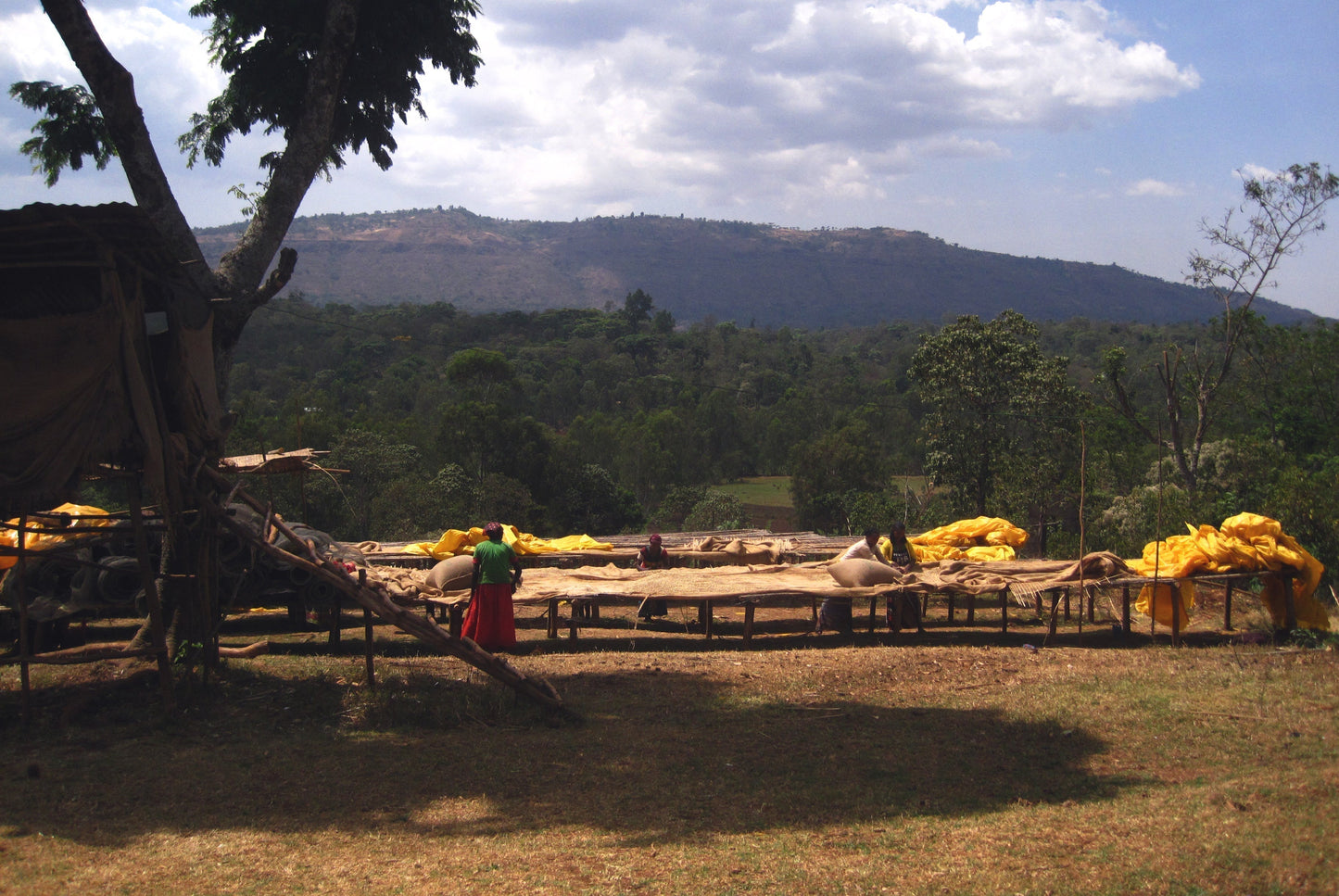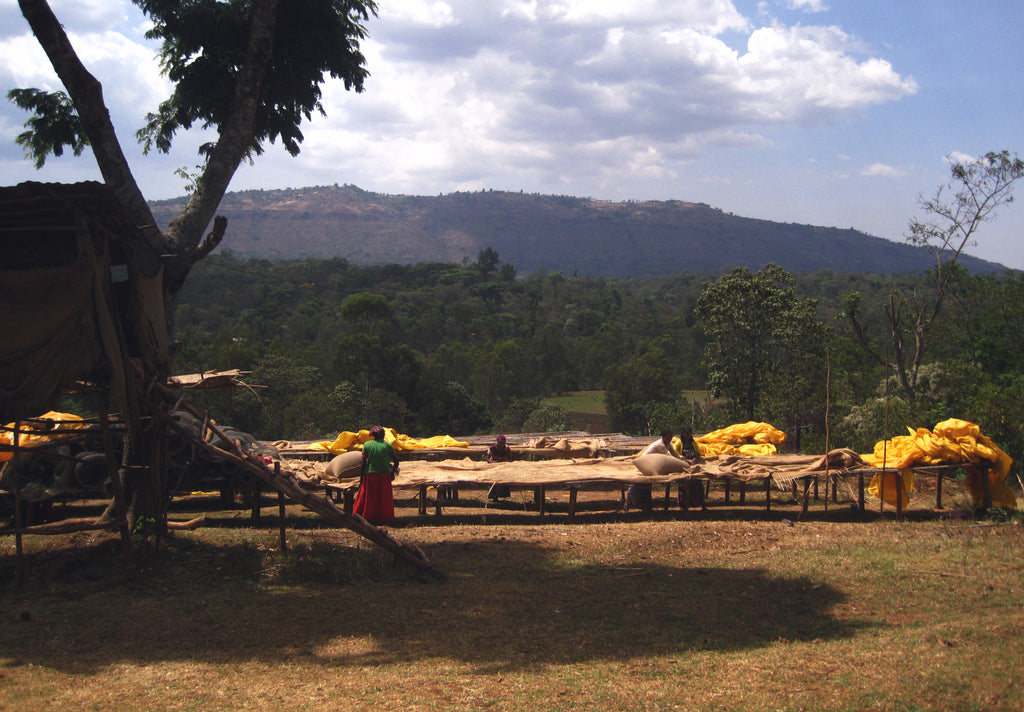

As a company we are often asked – is our coffee fair trade?
The perennial consumer question that too often results in awkward silences and clammy palms for a lot of coffee roasters. Here at Atomic we’re happy to talk about how we buy our beans. 100% of our blend coffees are purchased from Fair Trade cooperatives, the majority in partnership with Trade Aid NZ, a member of the World Fair Trade Organisation.
This means we pay a Fair Trade premium of 20c USD on every pound of coffee but elect not to pay for the rights to the official Fair Trade logo, nor to market ourselves as a specifically ‘Fair Trade’ brand. The premium funds the types of social initiatives that we’re all familiar with – schooling, infrastructure, hospitals, improving access to water, electricity supply and processing equipment. The premiums are paid not to the farmers but to the democratically run co-ops, with members voting on where to direct funds. Under the FT model, farmers are required to be part of a cooperative and this collectivism provides not just individual or family income from coffee, but community-wide benefit. Farmers are also assured of a minimum, sustainable price for their coffee, irrespective of how global markets may fluctuate. Coffee is produced in some of the least developed nations and this offers some degree of income certainty. The other side of the equation is they must meet defined labour, environmental and production standards to attain FT certification, so that to the best of our knowledge, we’re supporting sustainable practices at origin.
The perennial consumer question that too often results in awkward silences and clammy palms for a lot of coffee roasters. Here at Atomic we’re happy to talk about how we buy our beans. 100% of our blend coffees are purchased from Fair Trade cooperatives, the majority in partnership with Trade Aid NZ, a member of the World Fair Trade Organisation.
This means we pay a Fair Trade premium of 20c USD on every pound of coffee but elect not to pay for the rights to the official Fair Trade logo, nor to market ourselves as a specifically ‘Fair Trade’ brand. The premium funds the types of social initiatives that we’re all familiar with – schooling, infrastructure, hospitals, improving access to water, electricity supply and processing equipment. The premiums are paid not to the farmers but to the democratically run co-ops, with members voting on where to direct funds. Under the FT model, farmers are required to be part of a cooperative and this collectivism provides not just individual or family income from coffee, but community-wide benefit. Farmers are also assured of a minimum, sustainable price for their coffee, irrespective of how global markets may fluctuate. Coffee is produced in some of the least developed nations and this offers some degree of income certainty. The other side of the equation is they must meet defined labour, environmental and production standards to attain FT certification, so that to the best of our knowledge, we’re supporting sustainable practices at origin.

There is no absolute model for purchasing coffee. Terms like ‘ethically sourced’ and ‘traceable’ are vague and thrown around all too freely without scrutiny, and it’s easy for roasters to claim the ethical high ground casting aspersions on how others conduct their business. What we believe to be important is transparency, and that as an industry we’re showing a desire to redress a serious economic imbalance. At Atomic, we have work to do for sure, but are comfortable talking about how we do business.
All images shot on location at the Homa Co-op in Yirgacheffe, Oromia.
